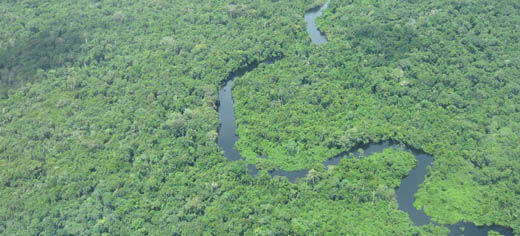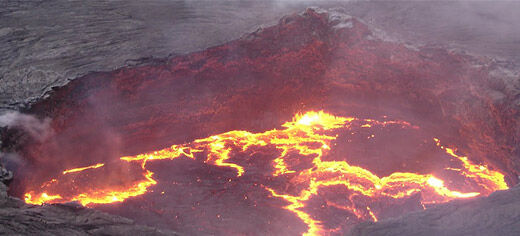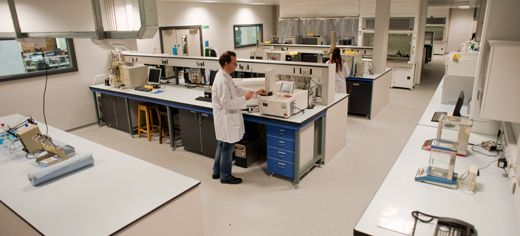
Manufacturing project aims to take IT beyond the electronic age
A £5.2 million project led by the University of Leeds is aiming to transform data communications with a new generation of photonic microchips.

A £5.2 million project led by the University of Leeds is aiming to transform data communications with a new generation of photonic microchips.

A new assessment of higher education institutions, based on the strength of their research, positions Leeds as one of the top UK universities for research and impact power.

The highest concentration of carbon in parts of Amazonia is not stored in trees, but below the ground as peat, according to new University of Leeds research.

Predictions of Greenland ice loss and its impact on rising sea levels may have been greatly underestimated, according to scientists at the University of Leeds.

New research into an Icelandic eruption has shed light on how the Earth's crust forms, according to a paper published today in Nature.

Research finds support for attacks on civilians in the United States among people in some Muslim countries is linked to negative views of American culture rather than perceptions of its foreign policy

A brooch crafted from a piece of human thigh bone is among the items selected for an exhibition about the First World War at the University of Leeds.
More work experience opportunities and better outreach activities are key in addressing the shortage of students from disadvantaged backgrounds considering a career in medicine, says a report today.

Leeds is to contribute to a new £235m science research centre, as announced in the government's Autumn Statement - part of a new package of measures to boost science in the UK.

Taking inspiration from nature, researchers have created a versatile model to predict how stalagmite-like structures form in nuclear processing plants - as well as how lime scale builds up in kettles.